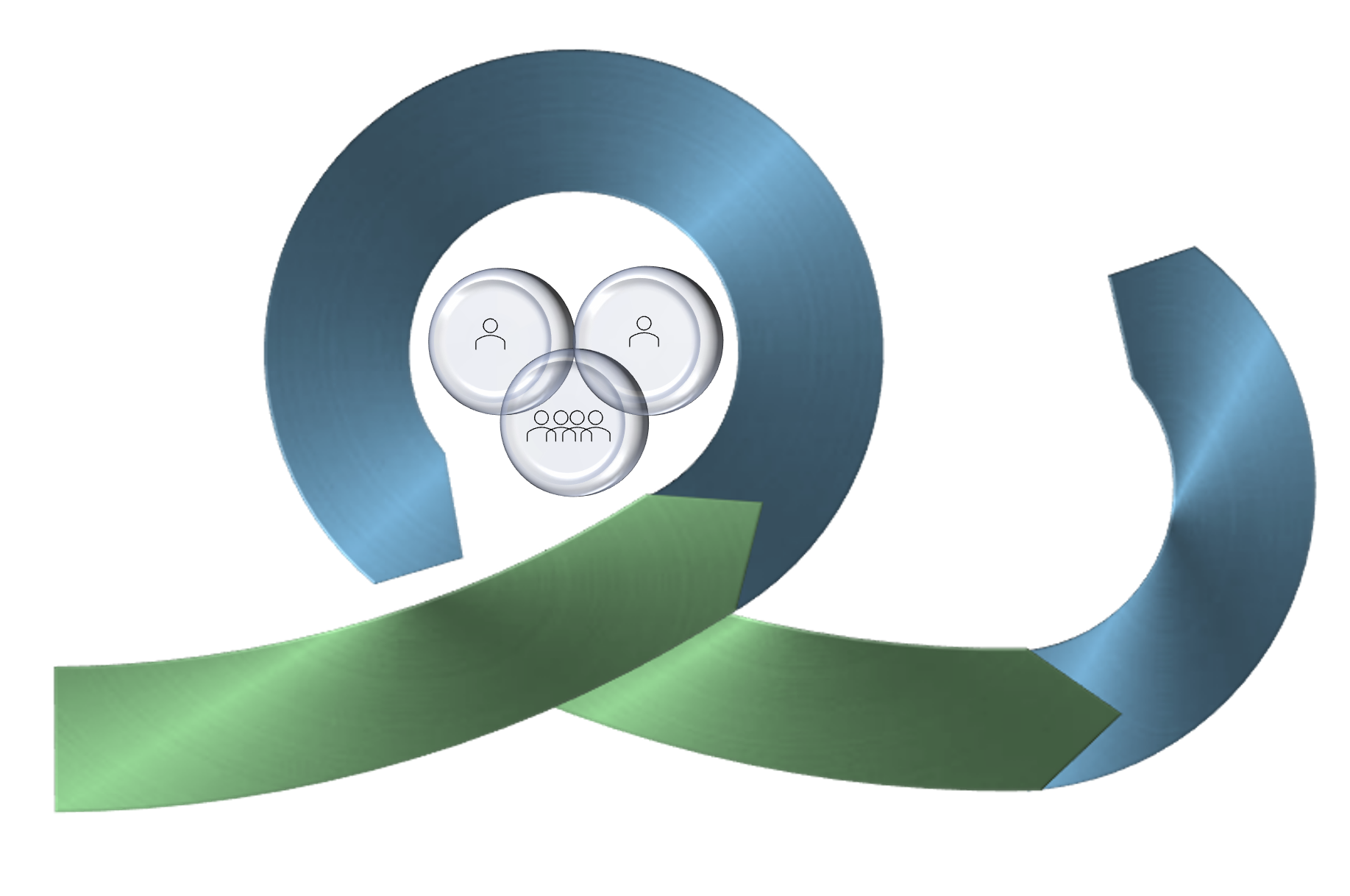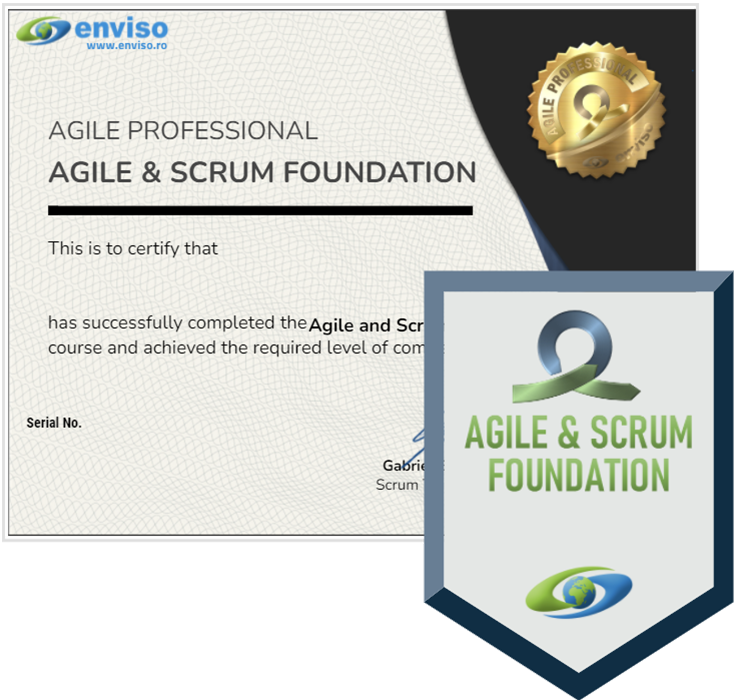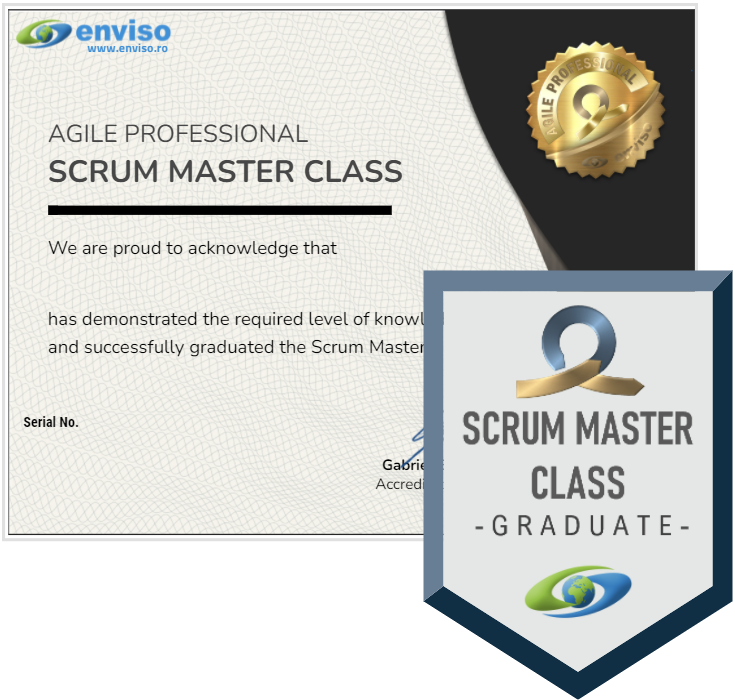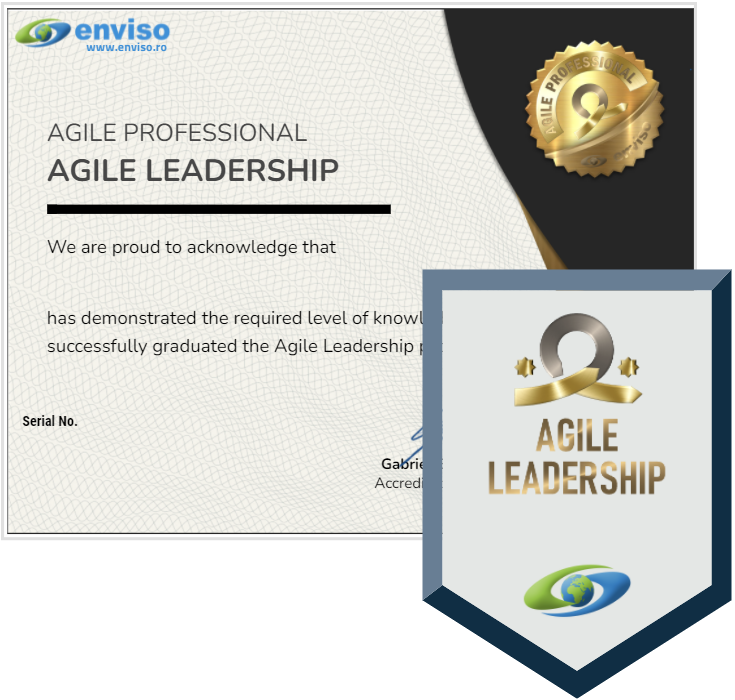AGILE Training and Certification
As customer needs and requirements change at a faster rate and time becomes a key factor in their expectations, businesses’ agility in meeting these requirements becomes a critical competitive advantage in most industries. As businesses’ systems, processes, and organizational structure get more complicated, bureaucracy grows, and agility declines.
Thus, while Agile principles and methods were initially applied to software development, they have been adopted in other specialties during the last decade, including operations, human resources, marketing, sales, and finance.
Agile management is built on iterative and incremental progress, which embraces and promotes change throughout the lifecycle of a project, product, or service. Agile approaches are characterized by the division of the problem into small subproblems and the rapid pace at which they are implemented. Long-term comprehensive planning, as with traditional “Waterfall” approaches, is avoided in order to maintain constant alignment with the client’s demands and foster collaboration with the client to uncover the specifics underlying the requirements as they are executed.
The primary objective is that at the conclusion of each implementation cycle, there is a functional increment towards an iteration of the product or service iteration (however flawed and incomplete) that adds value to the client. Based on this, the client will collaborate with those who implement to discover the improvements for the next iteration’s features. This promotes continual improvement and responsiveness to change that is both flexible and rapid.
The ideas behind agile implementation were initially expressed in 2001 in the “Agile Manifesto,” and since, over 50 Agile methods created and documented to date are founded on the manifesto’s values and principles.
SCRUM is the most widely used agile project or product management framework; 81% of organizations that have adopted the Agile way of working have implemented Scrum-based methods (according to the State of Agile 2021 report, from Digital.ai ).
Scrum is an adaptive, iterative, rapid, flexible, and efficient framework for delivering significant added value as quickly as possible throughout the lifecycle of a project of any complexity or through continuous improvement of a product or service line, in complex environments with rapidly changing market contexts or customer needs.
Enviso offers training and consulting in this field on several levels as part of the AGILE PROFESSIONAL program:
AGILE COACHING AND TRANSFORMATION
Enviso offers both open courses, which allow for participation by specialists from a variety of fields of activity, facilitating the exchange of experience, and customized in-house courses.
Within the in-house courses, exercises can be tailored to our clients’ specific processes and requirements, with organizations, also benefiting from Enviso consultants’ assistance in implementing agile working methods.


Registration and details:
alexandra.niculae@enviso.org
+44 208 068 0811



